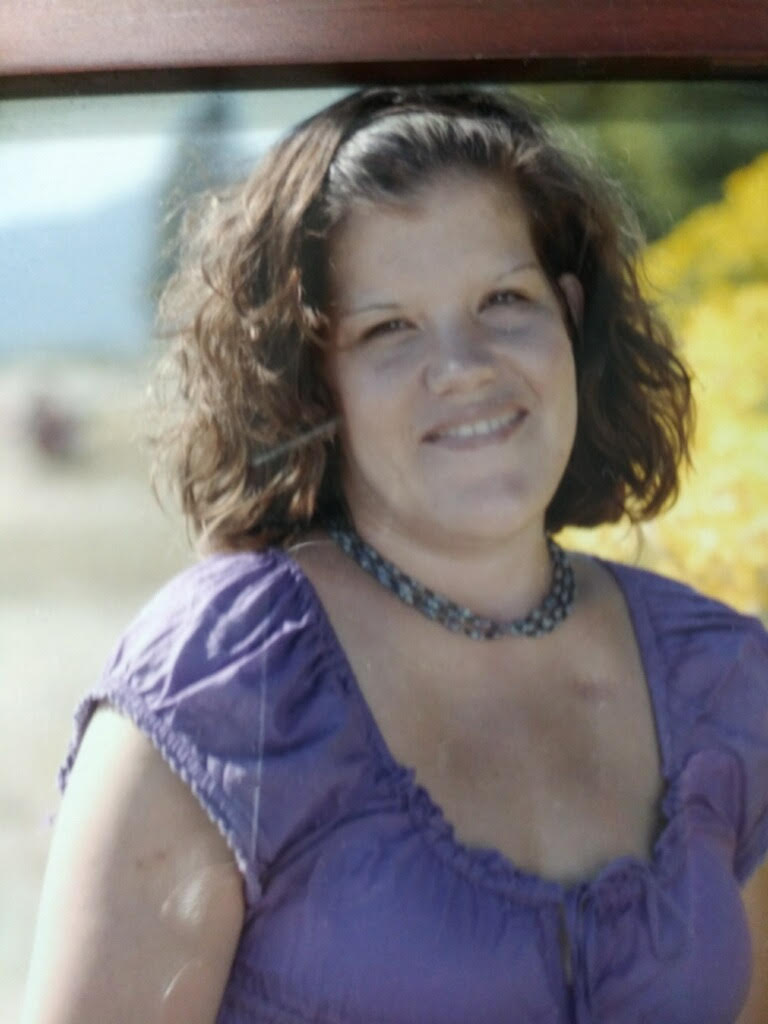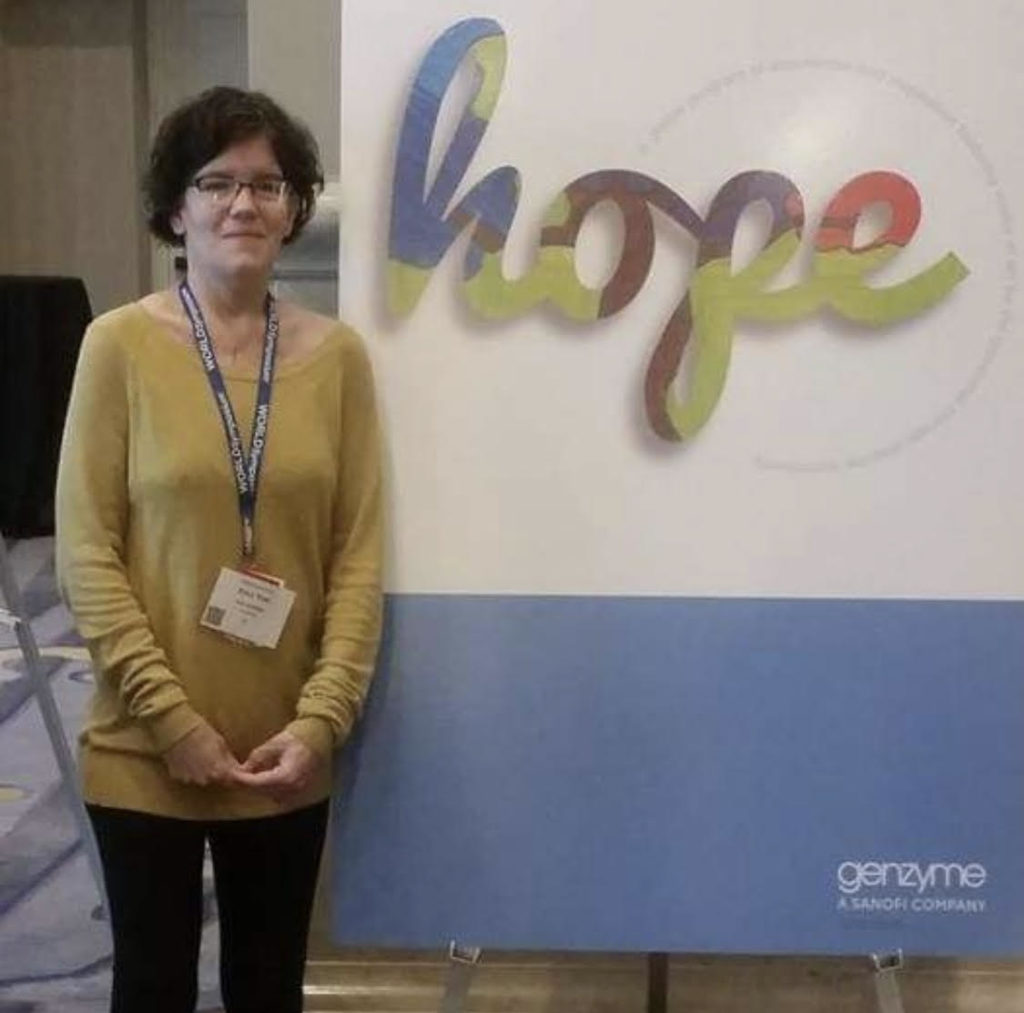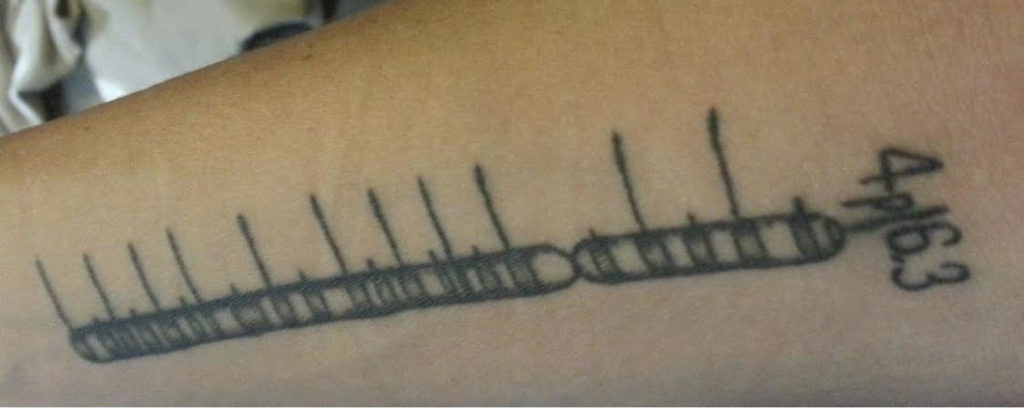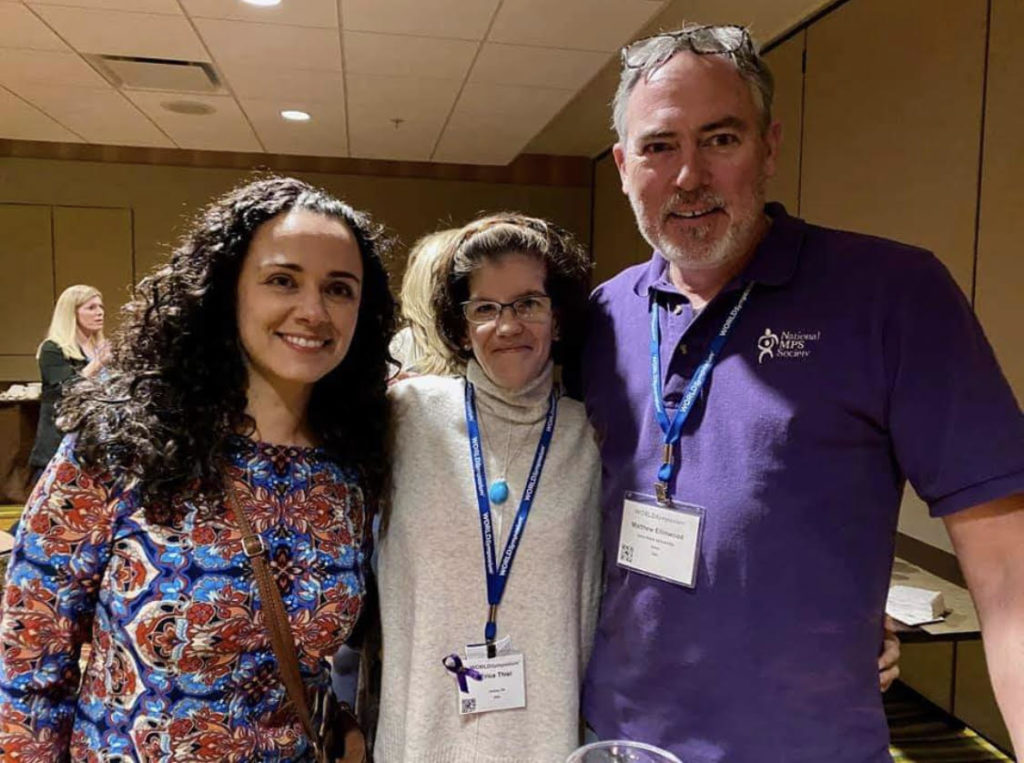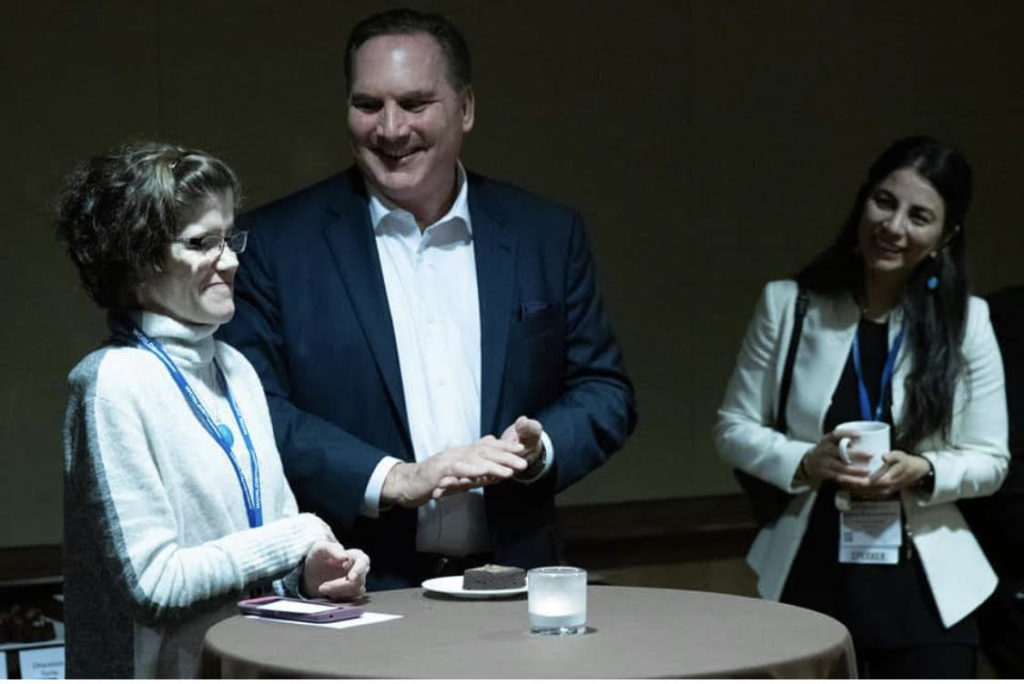These guidelines provide guidance on Sanfilippo Syndrome-specific care management and monitoring of disease-related changes. The contents of this document have been reviewed and approved by medical and scientific professionals in the field. The file can be viewed and downloaded by clicking here.
A collaborative effort between Cure Sanfilippo Foundation and Sanfilippo Children’s Foundation initiated and led this project through completion, as well as worked to incorporate the patient perspective throughout the process.
Please share this freely-available document with anyone involved in your child’s care.
| IN DEPTH: The first-ever global consensus clinical care guidelines for Sanfilippo Syndrome have been published. These guidelines provide guidance on Sanfilippo Syndrome-specific care management and monitoring of disease-related changes. Publication in a scientific journal means that the contents of this document have been reviewed and approved by medical and scientific professionals in the field. A collaborative effort between Cure Sanfilippo Foundation and Sanfilippo Children’s Foundation initiated and led this project through completion, as well as worked to incorporate the patient perspective throughout the process. Please share this freely-available document with anyone involved in your child’s care. How to get a copy of “Sanfilippo syndrome: consensus guidelines for clinical care”? You can access and download the guidelines at this link: https://rdcu.be/cYqUj You can also find information about the guidelines and access the document through Cure Sanfilippo Foundation’s website here: https://bit.ly/3WccohF Please help spread information and share this freely-available document! Why are the guidelines so important? Having a rare disease means that most doctors will not have ever seen a person with your same disease in their career. This results in guesswork about how to manage the health of a child with Sanfilippo Syndrome. Establishing consensus among medical professionals on recommended care guidelines is a key step to elevating the care and support for children around the world with Sanfilippo Syndrome. This first-of-its-kind set of consensus recommendations removes the guesswork of which symptoms should be monitored, through which tests, and how frequently, while acknowledging the importance of patient-specific flexibility. What is in the guidelines? The document represents a consensus set of basic clinical care guidelines that are accessible to clinicians and families globally. The guidelines consist of evidence-based, expert-led recommendations for how to approach Sanfilippo Syndrome-specific care management and monitoring of disease-related changes. Topics addressed in the guidelines include: Symptoms that should raise suspicion for the diagnosis of Sanfilippo SyndromeMethods of establishing the diagnosisEvaluating, monitoring and managing neurological, gastrointestinal, airway, musculoskeletal and the many other complications that developSpecial focus on the evaluation of unexplained pain and distressRehabilitative therapiesSupport services Who should use the guidelines? These clinical care guidelines are intended for use by anyone providing medical care, rehabilitative care, or support services for individuals with Sanfilippo Syndrome. Additionally, the guidelines are a practical resource for families to become well-informed advocates and for them to share with their local care team, who may not have previous experience with this rare disease. How were the guidelines developed? The guidelines were established through a multistage process to arrive at consensus recommendations, with input from more than 100 clinicians around the world who have experience in the care of individuals with Sanfilippo Syndrome. The patient perspective was integrated through participation of the collaborating Sanfilippo advocacy organizations. This multistage process included: – Review of existing publications and gap analysis – Draft guidance statements: Guideline Development Group and Steering Committee – Two rounds of online survey to garner consensus – Final guidance statements that reached consensus were formulated into a manuscript – Submission of manuscript to journal for peer-review – Acceptance and publication of the manuscript titled, “Sanfilippo syndrome: consensus guidelines for clinical care” What are the next steps? Cure Sanfilippo Foundation (USA) and Sanfilippo Children’s Foundation (Australia), in collaboration with international Sanfilippo Syndrome organizations, are developing a streamlined version of the guidelines for easy reference and access in multiple languages. “Access to clinical care guidelines will be an equalizing factor in the standard of care for individuals with Sanfilippo syndrome around the world,” said Dr. Cara O’Neill, Chief Science Officer for Cure Sanfilippo Foundation. “We are thrilled to share the culmination of this effort, which developed consensus-based care guidance from a multi-national perspective, with everyone who seeks to provide the best care for children with Sanfilippo Syndrome.” |
| Thank you to the many amazing individuals and organizations that contributed to creation of these clinical care guidelines for Sanfilippo Syndrome. Thank you to the members of the Clinical Guidelines Steering Committee: Nicole Muschol, MD, of University of Hamburg (Germany); Roberto Guigliani, MD, PhD, of Federal University of Rio Grande do Sul (Brazil); Simon Jones, MD, PhD, of University of Manchester (United Kingdom); Joseph Muenzer, MD, PhD, of University of North Carolina (USA); Nicholas Smith, MD, University of Adelaide (Australia); Chet Whitley, MD, PhD, University of Minnesota (USA); Megan Donnell, Sanfilippo Children’s Foundation (Australia); Elise Drake, PhD, of Cure Sanfilippo Foundation (USA); Kristina Elvidge, PhD, of Sanfilippo Children’s Foundation (Australia); Lisa Melton, PhD, of Sanfilippo Children’s Foundation (Australia); and Cara O’Neill, MD, of Cure Sanfilippo Foundation (USA). Also thank you to the many experts who contributed as part of the Guideline Development group and those who participated in consensus building surveys. Thank you to Global Genes, BioMarin Pharmaceutical Inc., Cure Sanfilippo Foundation, and Sanfilippo Children’s Foundation for providing funding to develop these consensus guidelines. Thank you to Jonathan Morton, PhD, and Ben Drever, PhD, of Comradis Limited (United Kingdom) for their medical writing support. Cure Sanfilippo Foundation | PO BOX 6901, Columbia, SC 29260 |

